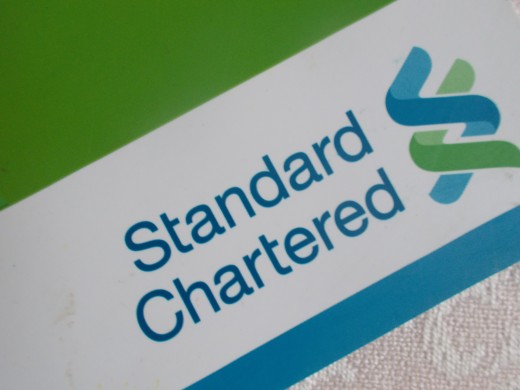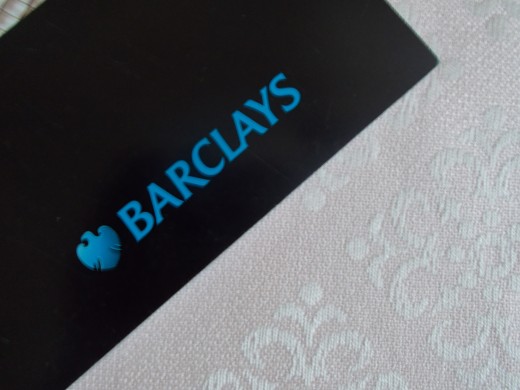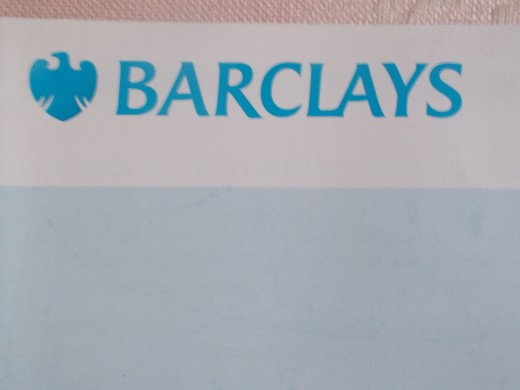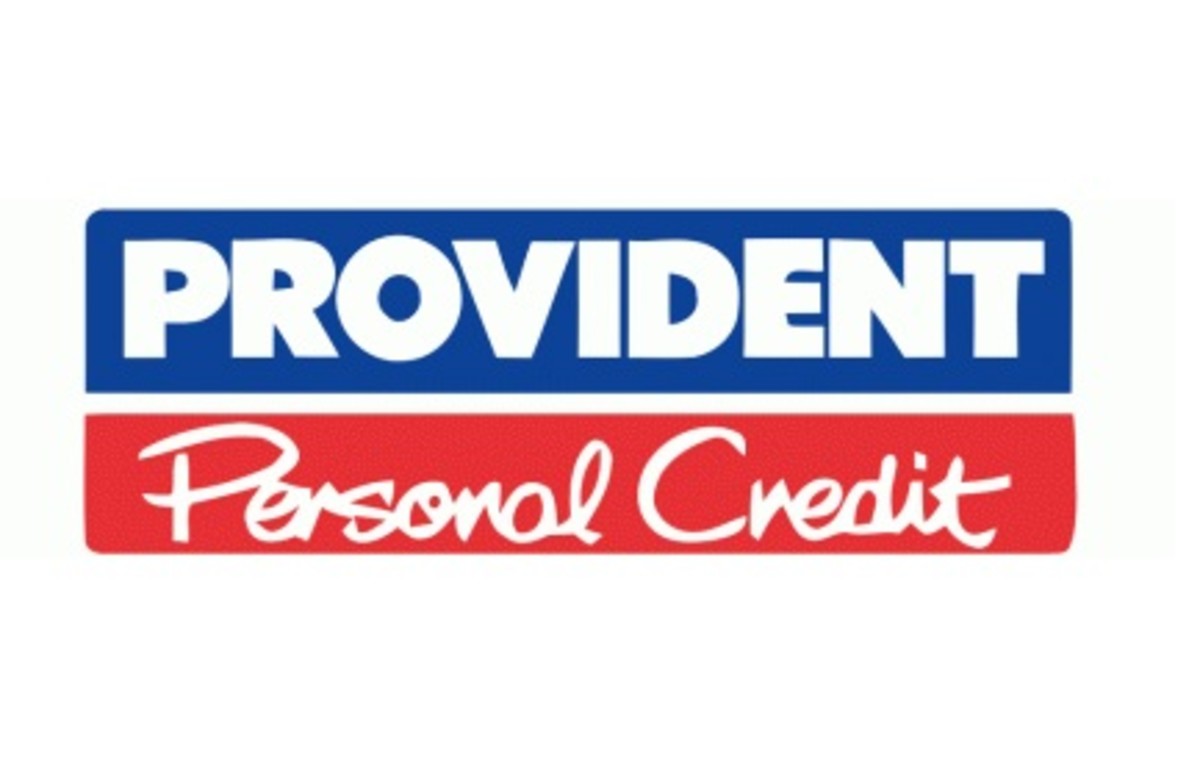Factors to consider before committing yourself to a Bank Loan
Introduction
The availability of large amounts of credit at our disposal comes with the challenge of using the money in the best way possible. People automatically think of acquiring loans when the need for money arises. Little do they consider the implications of such commitments. There are many factors one has to consider prior to committing oneself to a loan. These factors relate to most banks. It does not matter whether one is dealing with a commercial or private bank. Some significant factors to consider include;
The type of loan, product or credit facility
Prior to acquiring a loan, one needs to determine the purpose to which you wish to commit the loan. A pertinent question you need to ask is “Why do I need the loan?” “Do I need the loan in the first place?”
There are many types of loans one can get from banks. Your need determines the type or purpose of loan you commit yourself to. One can apply for;
- A business loan
- A development loan
- An emergency loan etc.
In order to attract customers, banks will offer various types of loan products tailored to meet individual customer needs.

Credit worthiness
One’s ability to repay a loan is pegged upon ones credit worthiness. If a lender suspects a borrower’s inability to repay borrowed funds, the lender is likely to withhold credit from such a borrower. No lender wants to end up with bad debts that have no chance of being repaid. It is usually wise to minimize risk in any business. However, business people, persons under employment or people with valuable assets are all considered to be creditworthy. Such people are trusted by banks as having enough collateral to cover the risks involved in borrowing funds from financial institutions.
Collateral comes in handy in the event of one being unable to repay borrowed credit. The amount of money a customer gets greatly depends upon how credit worthy they are.
Interest charged on the loan
Banks make money by charging interest on all borrowed funds. In most cases, interest charged normally accrues daily but is applied at the end of each month depending on loan contract terms agreed upon between the lender and the borrower. However, the rate is stated in an annual rate i.e. 20% per annum. However, a default rate is chargeable at a slightly higher punitive rate above the normal applicable rate in the contract for amounts in arrears and for time outstanding stipulated duration.
Most banks reserve the right to charge rates of interest as they deem fit from time to time without advising the borrower on the change in rates of interest. They do this to cushion themselves against unexpected economic upheavals. Interest rates determine how cheap or expensive a loan is to the borrower.
Mode of payment
The mode of payment depends on the type of customer the bank is dealing with. Most banks prefer a check-off system from one’s pay point for borrowers under employment, or a monthly remittance of agreed amounts from business persons. There are those who can pay weekly, fortnightly, it depends on terms of the contract.
Where check-offs are agreed upon, banks reserve the right to ensure check-off arrangements are finalized and confirmed with a borrower’s employer before borrowed funds are released. In the event that check-off arrangements are not met as anticipated for whatever reason, a borrower’s obligation to repay the loan still remains and they are expected to make direct payments into their loan accounts as they fall due, until employers effect the check-off or until the loan is repaid in full, whichever comes earlier.

Repayment period
Repayment periods for loans vary. The most expensive loans are paid over a very long period of time. This is pegged on the fact that funds are tied to a borrower longer than need be, which denies other clients similar loan facilities and benefits. Short repayment periods guarantee borrowers cheaper loans.
Borrowers should also be aware of penalties charged when a customer repays a loan in a shorter period of time than the one stipulated in the contract. This varies from one bank to another.
An early payment fee is charged at a stipulated percentage of the borrowed amount of money if a loan is cleared in lump sum before 50% of the loan is cleared in the normal manner. A higher percentage may be charged where a smaller fraction of the loan has been repaid prior to the lump sum payment. Some banks charge 25% of the loan upwards. Many borrowers hate this aspect considering the fact that one has barely put the money to productive use or may have realized too late that they do not need the loan all together, and have to cancel the contract.
Negotiation fee
When a person is trying to secure a loan, there is some kind of talk, negotiation or discussion that takes place. This is equivalent to consultation. Many bankers charge a negotiation fee of approximately 1 to 2%, which is charged on the full loanable amount on a once-off basis at the time of granting the loan. This amount is usually debited to the loan account of the borrower. The negotiation fee is also considered to be a commitment and appraisal fee charged on the amount of loan facility extended to the borrower.
Insurance on loans
In the event of death or total permanent disability of the borrower, banks usually arrange for an insurance cover for all loan-able amounts of money extended to clients. The amount charged for insurance is charged on a once-off basis before the loan is drawn down. The amount varies depending on the lending bank.

Other charges
There are other charges that banks levy upon borrowers of funds that each borrower must be aware of. Borrowers must agree to these charges in order for loan applications to be approved. They include;
Legal opinion fee: This fee is charged on borrower’s account for any legal opinion the bank seeks on the contract signed relating to the loan and any legal issue that might arise concerning the loan.
Ledger fee: every borrower is expected to open an account with the lending bank for purposes of servicing the loan during loan repayment. Such an account is called a loan account. The book keeping activities related to such an account are similar to those of any other bank account and are subject to ledger fees on a monthly basis.
Banker’s cheque fee: This fee is debited upon the borrower’s loan account as the cost of preparing a banker’s cheque that is decided upon as a way of releasing funds to the borrower especially if they do not operate an account with the loaning bank or if they prefer to utilize the borrowed funds immediately. It is regarded as the cost of preparing the cheque.
Other sources of funds
Some people find it cheaper to acquire loans from other more affordable sources instead of banks. The most preferred modes are:
- Ploughing back profits: This relates mainly to business persons who have made a profit after conducting a profitable transaction. The option of ploughing back into the business ones profits is a good cheap way of getting funds instead of looking for an external source of funds.
- Credit buying: This refers to the purchase of things on credit without using direct cash. This is akin to getting to use money that is not yours for your convenience until you are ready to pay back.
- Hiring or leasing machinery: A firm can hire out or lease its machinery to another business enterprise as a way of generating funds instead of visiting banks for this purpose.
- Personal savings: Individuals have options of using personal savings that have been accumulated over a long period of time instead of seeking for more expensive external sources of funds.
- Sale of personal stock: One may consider the sale of personal stocks and assets to raise money.
- Donations and fundraisers: Donations and fundraisers are an option for raising funds towards a worthy public cause. However, such funds must be accountable to any person who helped to raise the money. Private use for such funds is usually out of the question.
- Shylocks: When many sources of funding fail, some people prefer to visit shylocks who will loan you whatever amount you need at a very high interest rate. However, collateral must be guaranteed before one secures the loan. Lending conditions under such circumstances are usually very tough. Hence, shylocks are not the best source of funds.
- Family and friends: This is not always the best way of raising funds unless one wants to be subservient to friends and members of the family in whatever cause you raised the money for. One’s total independence is totally compromised when one uses this source.
Conclusion
As seen in the facts discussed above, it is necessary to know what to expect prior to committing yourself to a bank loan. There are hidden and open charges that one has to meet, which when compounded, inflate the payable amount of money one borrows from a bank. Borrowers should weigh their capacity to repay loans in view of the facts relayed above. So, think twice when you go for your next bank loan. It is sometimes prudent to look for alternative sources of funds before committing yourself to a bank loan.










